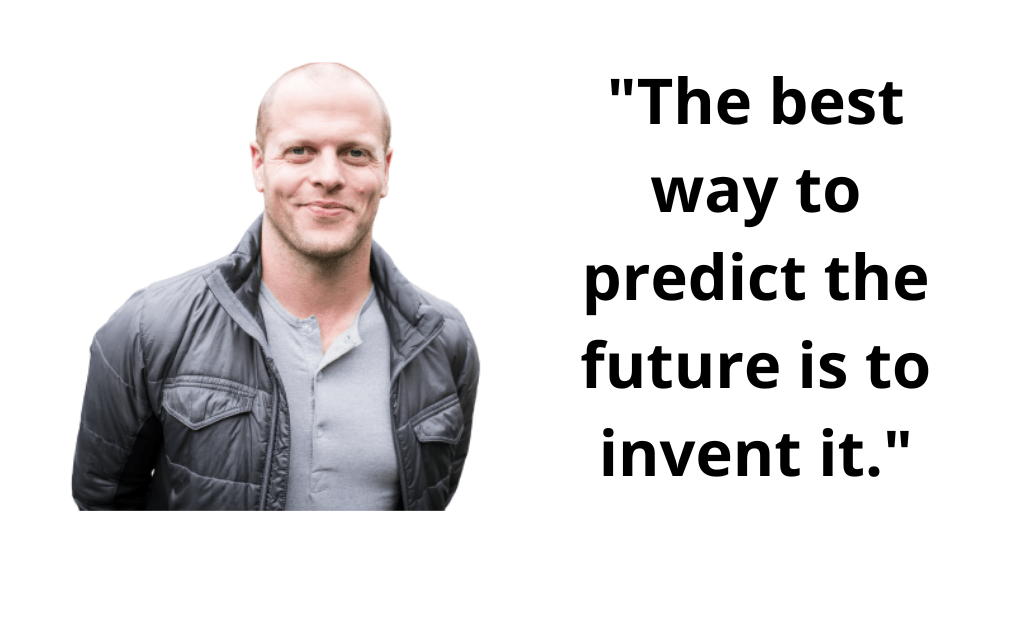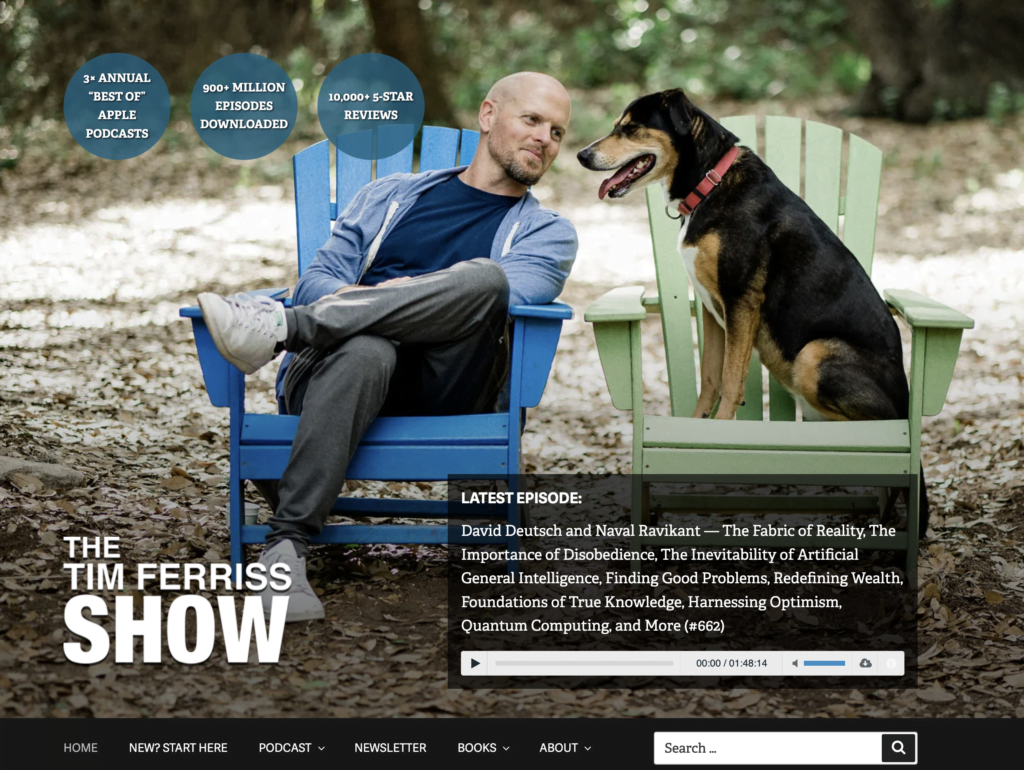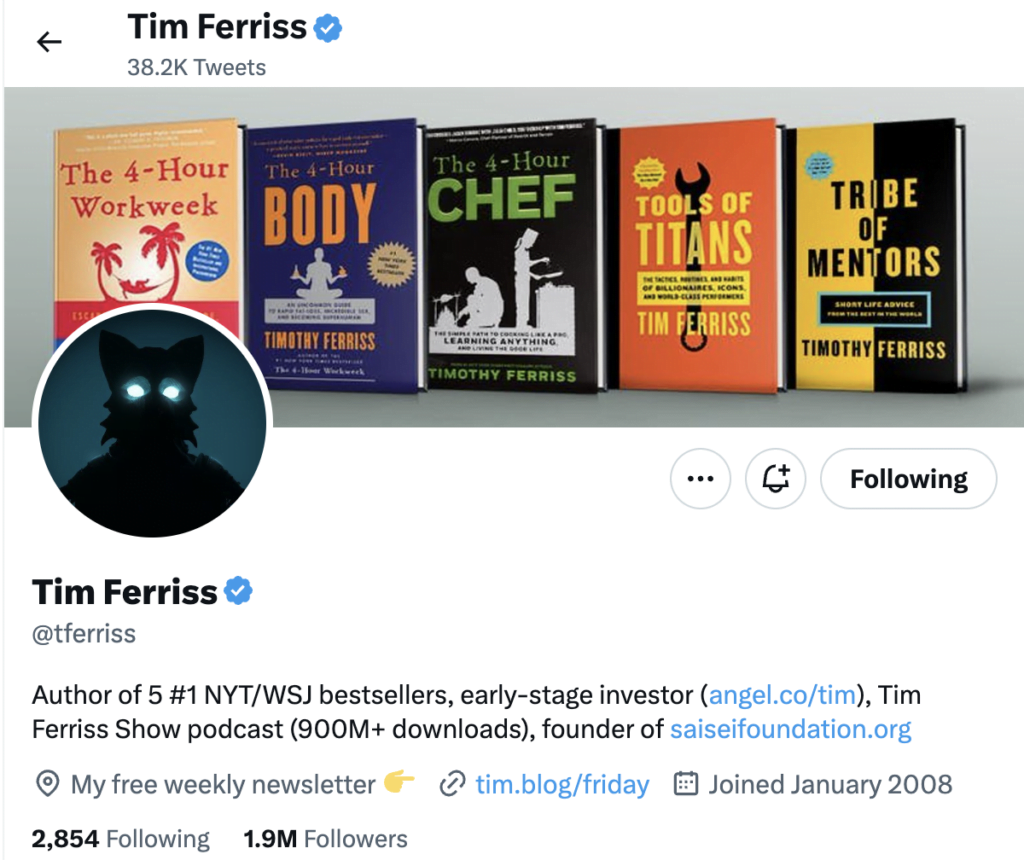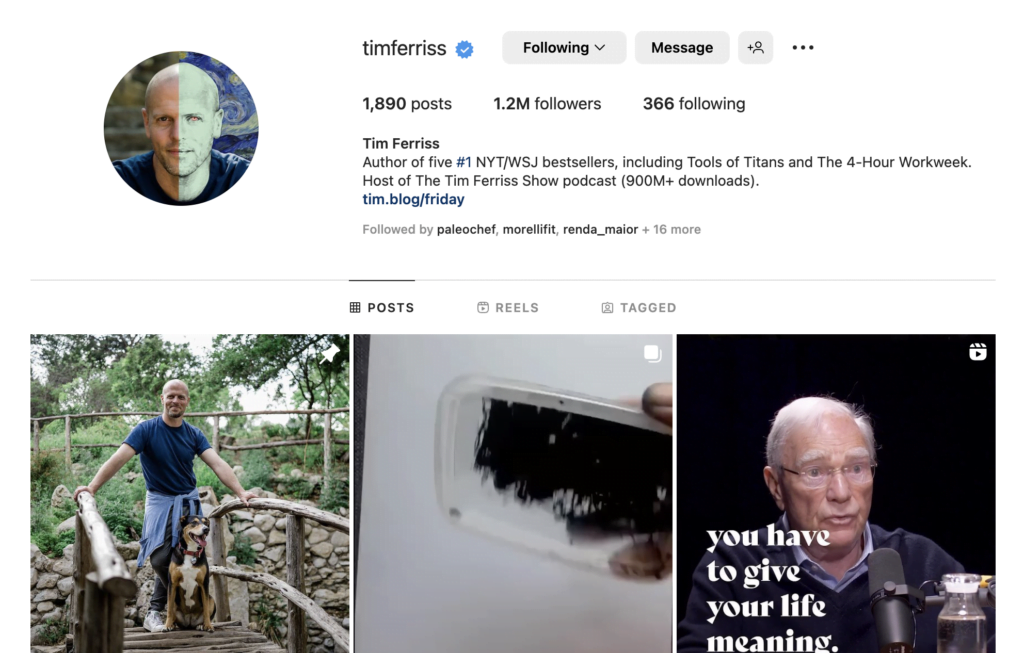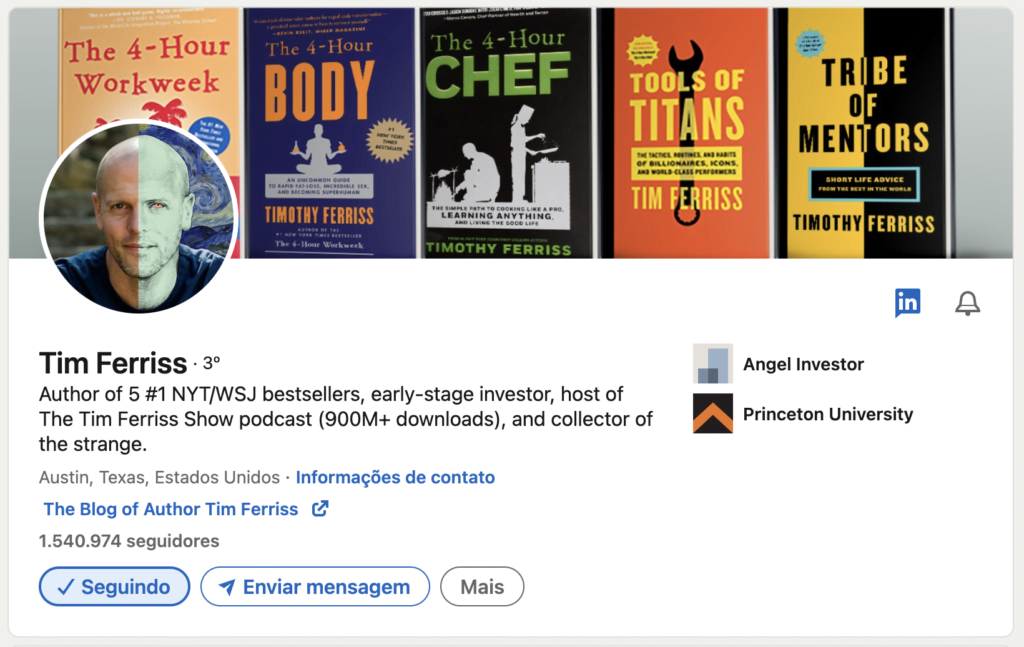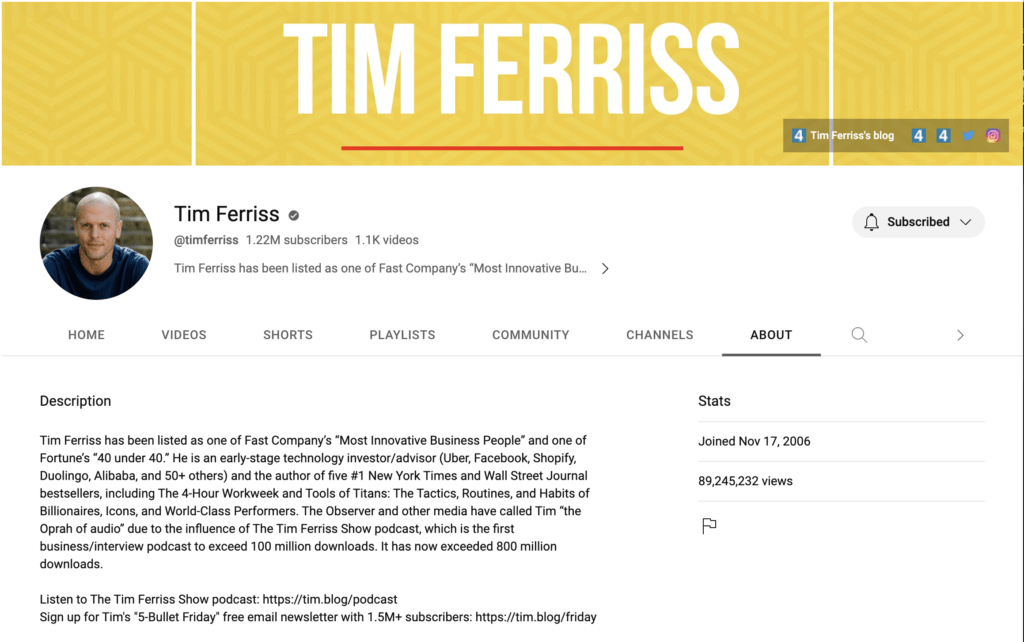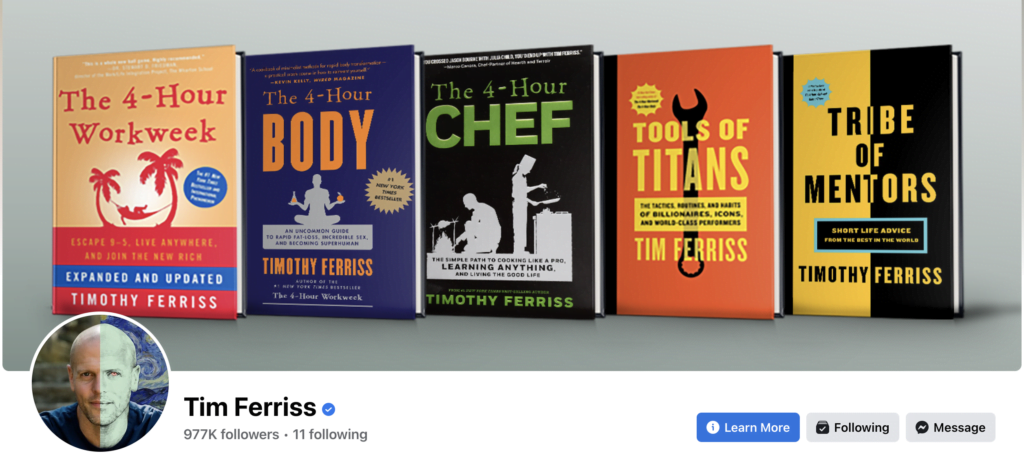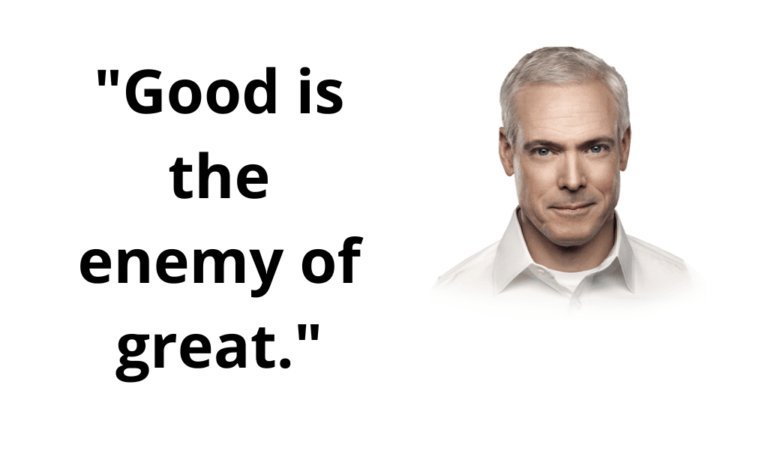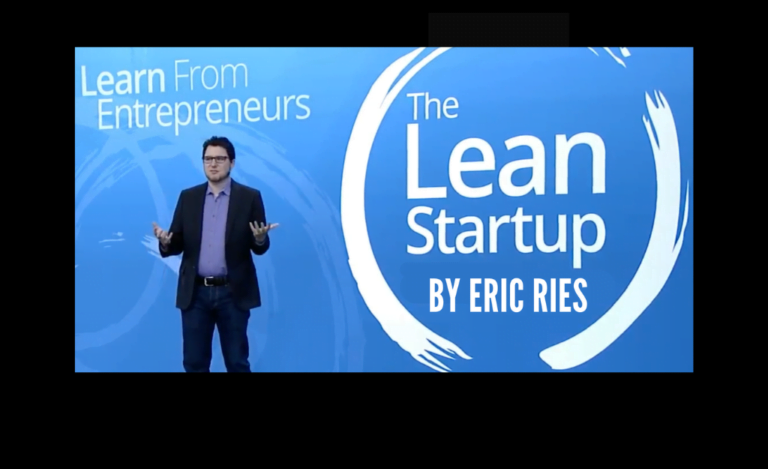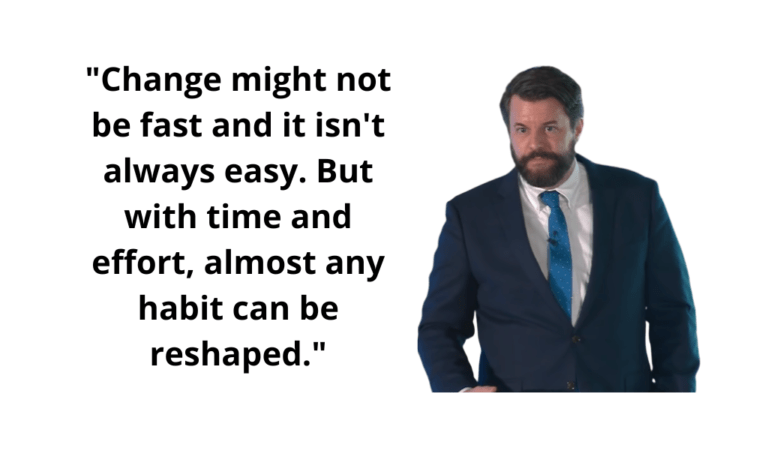Disclaimer: This post may contain affiliate links. For more information, please visit our Disclaimer Page.
Entrepreneur, Investor, Author, Podcaster, and Lifestyle Aficionado: A Succinct Look at the Author’s Life
Introduction to Timothy Ferriss Biography
Tim Ferriss, a real polymath, has a wide variety of abilities and accomplishments that have won him a position among modern-thinking leaders. His hard work and unique problem-solving as an entrepreneur, investor, author, and podcast presenter have inspired millions.
Tim’s dedication to self-improvement sets him distinct. He always seeks new growth chances. Resilience, curiosity, and a desire to try new things have helped him succeed in all his pursuits.
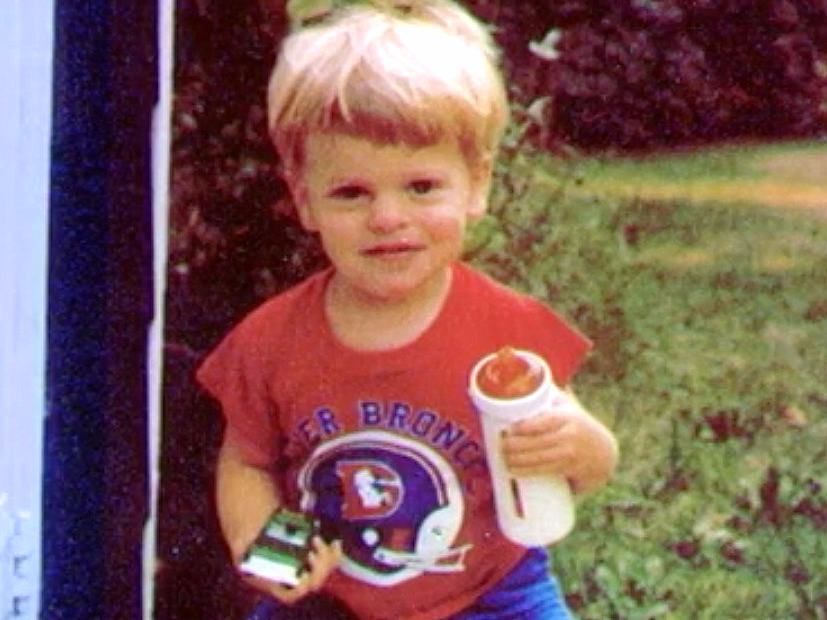
Tim has kept his ambitions and faith in hard work and persistence through several disappointments. His life shows how tenacity and strength can overcome hardship and inspire others.
In this blog article, we’ll explore Timothy Ferriss biography on his incredible life and career. We will study his journey from a struggling entrepreneur to a famous thought leader and influencer. Join us as we explore one of our time’s most intriguing and talented people.
Early Life
Born on July 20th, 1977, in New York, Tim Ferriss entered the world as a premature infant into a middle-class family. Despite grappling with numerous health challenges from the outset, he persevered and triumphed over them all, emerging resilient and strong.
Although Tim was physically smaller and weaker, he faced bullying. To help him, his mother signed him up for wrestling classes at eight years old. Tim grew captivated by experimenting with various workouts and diets as he learned wrestling.
Education
Upon completing secondary education, Tim joined St. Paul’s School, a boarding school in New Hampshire primarily attended by students from affluent, upper-class families. As a talented student, Tim was able to attend the school through academic scholarships and his parent’s financial support.
When Tim was 15, he traveled to Japan as an exchange student, an experience that transformed his life and ignited his passion for East Asian studies. While there, he also acquired invaluable knowledge about technology.
After finishing high school, Tim pursued East Asian studies at Princeton University, earning an AB degree in 2000. He began working immediately after graduation.
During his last year of college, Tim grappled with serious mental health challenges, including depression and bipolar disorder, stemming from an existential crisis. He even considered suicide on multiple occasions during this time. However, he views this stage as a crucial turning point in his life, as it imparted important lessons to him.
Career
Career Beginnings and Entrepreneurship
In 2000, Tim started working in the sales department of a data company. Although he initially wanted to work in software and technology, he had bigger aspirations, aiming to establish his own company someday. In 2001, Tim founded BrainQUICKEN, a digital nutritional supplements company. His passion for health and nutrition drove him to create superior nutritional supplements by combining the ones he had been taking with other supplements. He also consulted professional athletes to determine what worked and what didn’t.
Tim mostly ran the company on his own, having started it with minimal capital investment. This venture was both unique and educational for him. He likened running BrainQUICKEN to earning an MBA, as he learned a lot about business in the process. He successfully managed the company, and one of his Princeton University professors invited him to give a lecture on his business success.
However, Tim’s success was short-lived. In 2004, when one of his close friends passed away, and his business faced challenges from emerging competitors, he slipped into depression. Tim decided to move to London to stay with a friend for some time. While in London, he studied stoic philosophy, which helped him regain his footing. He returned to Silicon Valley, traveled to Spain, and began addressing his personal issues. This journey inspired him to write a book about his experiences.
In 2007, Tim published “The 4-Hour Workweek,” which became an instant hit. The book detailed his life, dark times, and the methods he used to overcome them. It challenged traditional perspectives on life, work, and retirement. The book remained on The New York Times Best Seller list for four years, was translated into 40 languages, and sold more than two million copies worldwide.
By the late 2010s, Tim had accumulated a small fortune and recognized the potential of investing in
promising startups. He relocated to Silicon Valley and befriended venture capitalist Mike Maples, who introduced him to the concept of “angel investing.” With Maples’ guidance, Tim invested in companies such as Facebook, Twitter, and Uber.
In 2010, Tim sold BrainQUICKEN to a UK-based equity firm at a substantial profit margin. He then shifted his focus to other pursuits, including angel investing, writing books, and traveling the world. Tim now serves as an angel investor and advisor to emerging tech startups, boasting an impressive track record with companies like Evernote, StumbleUpon, Shopify, and Reputation.com.
Tim received praise and recognition for his efforts to support budding tech companies. The New York Times named him to their list of “Notable Angel Investors” in the mid-2010s, and he has been featured on CNN as one of the world’s leading investors in the tech industry.
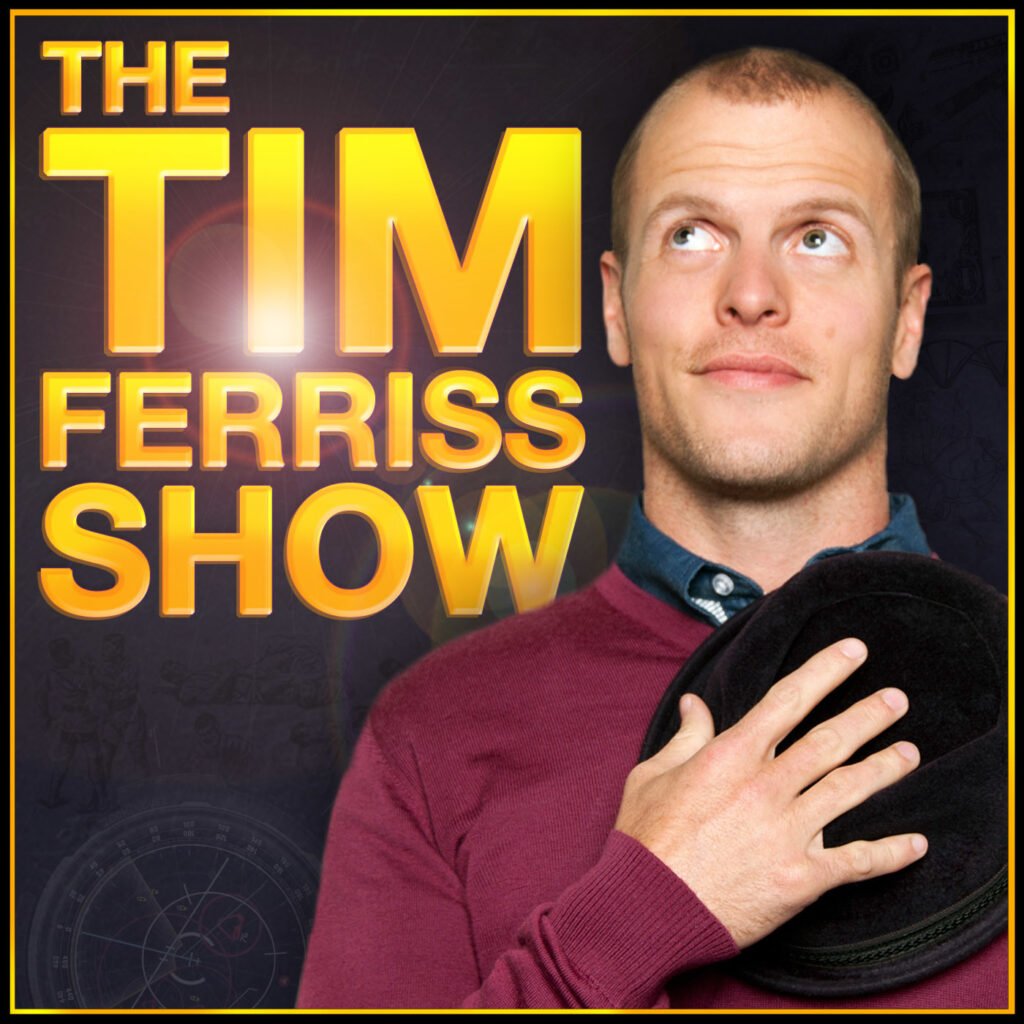
In November 2014, Tim launched an audiobook publishing company called Tim Ferriss Publishing. The first audiobook published under this company was titled “Vagabonding,” and several other successful audiobooks followed.
By 2015, Tim had invested in over a dozen companies, which began to take a toll on his mental health. As a result, he announced he was taking a break from investing in new companies. In 2017, he moved away from Silicon Valley due to a lack of new investment opportunities.
Tim has also made multiple TV appearances, featuring in shows such as “Trial by Fire,” “The Tim Ferriss Experiment,” and “Fear with Tim Ferriss.” In “Fear with Tim Ferriss,” he interviewed individuals from various backgrounds.
Additionally, Tim has invested in and raised funds for research on psychedelic drugs.
Media Endeavors
In December 2013, The Tim Ferriss Experiment debuted on HLN, showcasing Ferriss’s life-hacking and speed-learning methods. Though 13 episodes were produced, only a few aired on television. He also hosted the 2017 TV show Fear{Less} with Tim Ferriss, featuring interviews with successful innovators across various industries.
Ferriss has fundraised for the Center for Psychedelic and Consciousness Research at Johns Hopkins University School of Medicine and the Center for Psychedelic Research at Imperial College London, donating at least $2,000,000 since 2016 for clinical research into psychedelic drugs.
In 2017, Ferriss delivered a TED talk titled “Why you should define your fears instead of your goals.” This presentation encouraged a shift in focus from goal-setting to addressing one’s fears.
Awards and Recognition
Tim Ferriss has received numerous awards and recognition for his work as an author, entrepreneur, and thought leader. Here are some of the notable awards and recognition he has received:
- “The 4-Hour Workweek” has been a New York Times, Wall Street Journal, and BusinessWeek bestseller and has been translated into 40 languages.
- In 2009, Tim was named one of Fast Company’s “Most Innovative Business People.”
- In 2011, he was awarded the “Greatest Self-Promoter of All Time” award by Wired magazine.
- “Tribe of Mentors” was a New York Times, Wall Street Journal, and USA Today bestseller.
- In 2019, Tim was named one of Time Magazine’s “100 Most Influential People in the World.”
- He has also been a guest speaker at numerous conferences, including TED. He has appeared on several TV shows, such as The Ellen DeGeneres Show and The Tonight Show Starring Jimmy Fallon.
Controversy
Forbes criticized Ferriss’s “4-Hour” advice in 2019, arguing that it contributes to the notion that success is more about packaging shortcuts and fake-outs than genuine accomplishment. In a 2020 interview with GQ, Ferriss reflected on his earlier ideas, concluding that “not everything that is meaningful can be measured.”
Since April 22, 2014, Ferriss has continued to produce episodes of The Tim Ferriss Show, an interview-focused podcast featuring conversations with various experts and high-profile personalities.
In December 2022, Ferriss ventured into the realm of non-fungible tokens (NFTs) by launching a project centered around roosters titled “The Legend of CockPunch.”
Personal Life
Tim’s curiosity about different cultures and languages extends beyond his academic pursuits. He is known to be a polyglot and can speak five languages: English, Spanish, Mandarin, Japanese, and German. This passion for continuous learning has undoubtedly contributed to his diverse accomplishments and personal growth.
In addition to his academic pursuits and language interests, Ferriss has a deep interest in physical fitness and sports. He has practiced numerous martial arts and competed in various athletic competitions, such as ultra-marathons and long-distance bike races.
While Tim Ferriss is known for his private lifestyle, he openly shares his experiences and philosophies on his blog and podcast, contributing to his widespread following and influencing countless individuals seeking personal and professional growth.
Tim Ferriss is known for valuing his privacy when it comes to his personal life. However, in 2019, he revealed that he and his wife share a love for traveling, confirming that he is married.
In 2019, Tim also started his own blog, where he frequently shares his thoughts and feelings with his readers.
Social Networks
Blog
Youtube
Conclusion
In a nutshell, the inimitable Tim Ferriss has carved a niche for himself by relentlessly pursuing success through grit, tenacity, and an unorthodox approach to self-enhancement and efficiency. His literary works stand as treasure troves of wisdom, brimming with actionable guidance, uplifting anecdotes, and potent strategies that empower readers to take the reins of their lives, fulfill their aspirations, and savor a more rewarding existence.
Are you yearning to streamline your professional routine, revitalize your well-being, or unearth greater joy and significance in your day-to-day? Tim Ferriss’ oeuvre, a goldmine of transformative resources, beckons you. Don’t hesitate—grab one of his masterpieces this instant, and embark on your odyssey toward an enhanced, enriched life, but not without first reading the summaries we have here on the blog.
Books Written by Tim Ferriss
- 2007 – “The 4-Hour Workweek”
- 2010 – “The 4-Hour Body”
- 2012 – “The 4-Hour Chef”
- 2016 – “Tools of Titans”
- 2017 – “Tribe of Mentors.”
F.A.Q. about Tim Ferriss
Who is Timothy Ferriss?
Timothy Ferriss, known as Tim Ferriss, is an American entrepreneur, investor, author, podcaster, and lifestyle guru. He was born on July 20, 1977, in New York City and has become well-known for his 4-Hour self-help book series, which includes The 4-Hour Workweek, The 4-Hour Body, and The 4-Hour Chef.
What is Tim Ferriss’s background?
Q: What did Tim Ferriss achieve?
Tim Ferriss rose to fame with his book, The 4-Hour Workweek: Escape 9-5, Live Anywhere, and Join the New Rich, published in 2007. The book became a No. 1 New York Times bestseller, a No. 1 Wall Street Journal bestseller, and a USA Today bestseller. Along with his other works in the 4-Hour series, Ferriss has established himself as a prominent figure in the self-help and lifestyle optimization sphere.
Is Tim Ferriss involved in podcasting?
Quotes from Tim Ferriss
“What we fear doing most is usually what we most need to do.”
“The question you should be asking isn’t, ‘What do I want?’ or ‘What are my goals?’ but ‘What would excite me?'”
“Focus on being productive instead of busy.”
“People will choose unhappiness over uncertainty.”
“The goal is not to simply eliminate the bad, but to pursue and experience the best in the world.”
“The opposite of love is indifference, and the opposite of happiness is boredom.”
“The most successful people are those who are good at Plan B.”
“A person’s success in life can usually be measured by the number of uncomfortable conversations he or she is willing to have.”
“It’s lonely at the top. Ninety-nine percent of people in the world are convinced they are incapable of achieving great things, so they aim for the mediocre. The level of competition is thus fiercest for ‘realistic’ goals, paradoxically making them the most time- and energy-consuming.”
“What you do is infinitely more important than how you do it. Efficiency is still important, but it is useless unless applied to the right things.”

